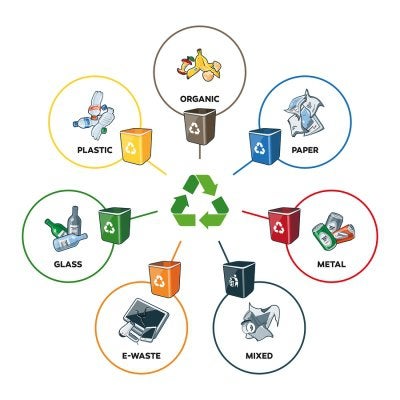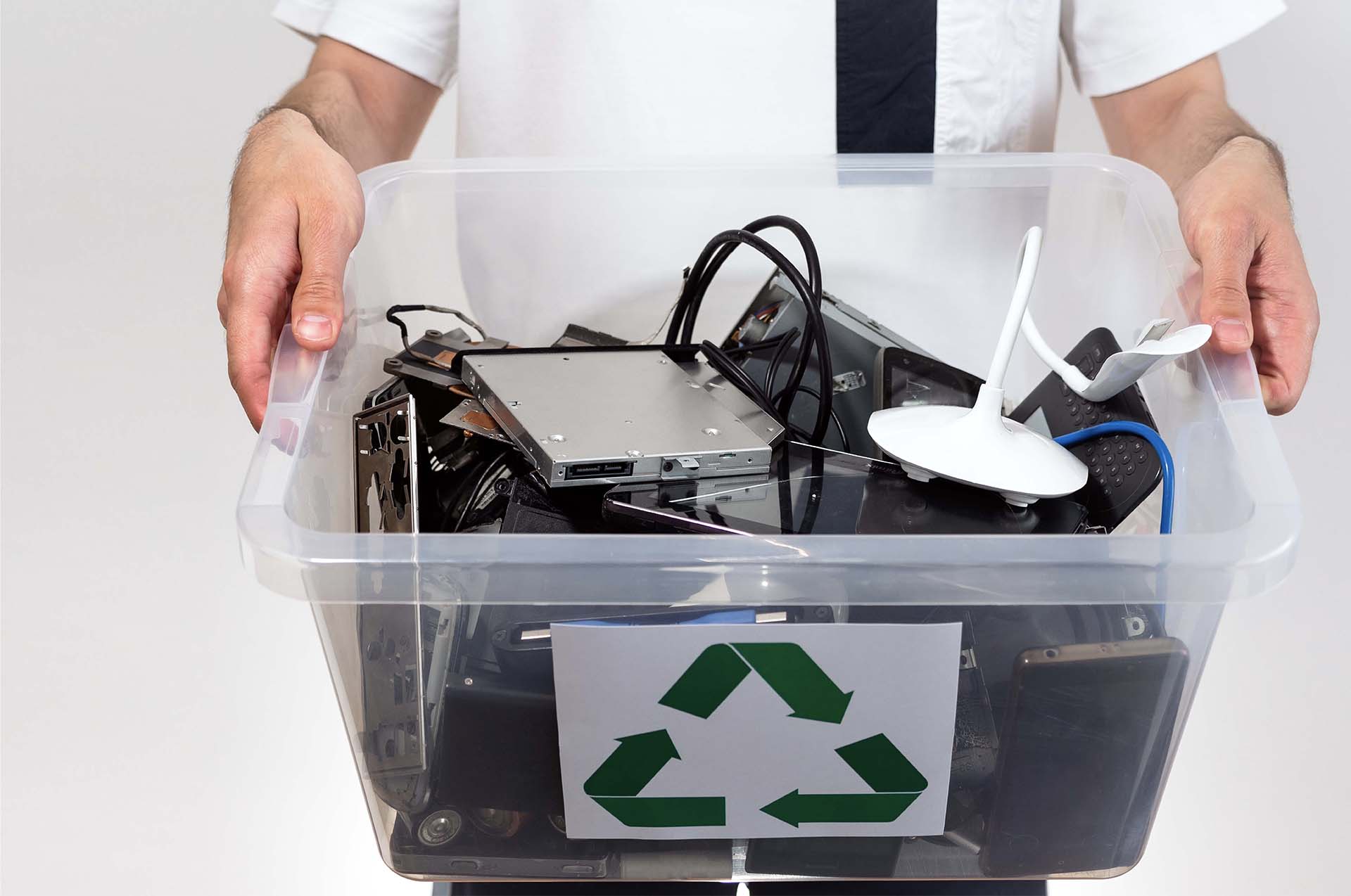Excitement About Recycling Lives Services

Anything with electric or electronic parts, a plug or a battery is classified as WEEE and needs to not be dealt with with your general waste. Electrical items will have a logo with a crossed-out wheelie container on their product packaging. The producers, producers and sellers of the devices help pay for old electric things to be recycled.
You can take all home electric things to Oxfordshire's waste reusing centres for recycling. If your item is in working condition, think about contributing it. If your electrical item is broken, you might try to find a neighborhood repair service caf where volunteers can fix it. You can also think about obtaining electrical items that you do not use frequently. Furthermore, all Oxfordshire local authorities accept vapes and e-cigarettes as a different kerbside collection. How they are accumulated in each location varies a little; check you have the proper info for your area.
Portable batteries the kind you locate in little handheld gadgets can additionally be recycled at the kerbside yet not inside any of your bins. Check the Waste Wizard for just how to do this in your location. Larger shops that market batteries likewise have collection factors for reusing old batteries. Batteries need to always be removed from electric products where they are developed to do so and reuse individually, Energy-saving, LED and small fluorescent light bulbs and tubes can be recycled at our recycling centres.
The smart Trick of Recycling Lives Services That Nobody is Talking About
Older-style filament or halogen light bulbs can be disposed of in your general rubbish bin at home. Some Do it yourself shops additionally have collection points for light bulbs.

Not known Facts About Recycling Lives Services
Electric things are broken down right into separate pasts to make sure that the different materials they are made up of can be gotten rid of and recycled. Waste recycling centres are for use by homeowners only and can decline waste from commercial resources. However, local business and traders have a duty of treatment under this plan, which indicates they also need to abide by the WEEE policies.
E-waste, digital waste, e-scrap and end-of-life electronics are terms typically used to explain used electronics that are nearing the end of their useful life, and are thrown out, contributed or offered to a recycler. The UN specifies e-waste as any type of thrown out items with a battery or plug, and includes harmful and hazardous compounds such as mercury, that can present serious risk to human and environmental health.
The Facts About Recycling Lives Services Revealed
Only 17.4% of this digital waste, including a combination of hazardous compounds and priceless materials, will be recorded as being correctly accumulated, dealt with and reused - https://www.mixcloud.com/rcyclng1vssvc/. Several campaigns are embarked on to tackle this growing problem, but none of them can be completely reliable without the active role and correct education of consumers

In addition, mining disposed of electronic devices creates 80% less exhausts of co2 per unit of gold compared to mining it from the ground. In 2015, the extraction of raw products represented 7% of the world's power usage. This implies that relocating in the direction of making use of more second resources in digital goods might aid significantly within the targets laid out in the Paris Arrangement on environment change.
All About Recycling Lives Services
When the carbon dioxide launched over a tool's lifetime is thought about, it mostly happens throughout production, before consumers buy an item. This makes lower carbon processes and inputs at the production stage (such as use recycled raw materials) and item lifetime crucial factors of overall ecological impact.
Also in the EU, which leads the globe in e-waste recycling, just 35% of e-waste is formally reported as appropriately gathered and reused. Internationally, the average is 20%; the continuing to be 80% is undocumented, with much finishing up hidden under the ground for centuries as garbage dump. E-waste is not naturally degradable. The absence of reusing taxes the worldwide electronic industry and as gadgets click here now end up being extra numerous, smaller and a lot more intricate, the concern escalates.
The remaining mass of e-waste mostly plastics tied with steels and chemicals poses an extra intractable issue. A new vision for the manufacturing and usage of electronic and electric items is needed. It is easy for e-waste to be framed as a post-consumer problem, but the concern encompasses the lifecycle of the tools everybody utilizes.
Comments on “Little Known Questions About Recycling Lives Services.”